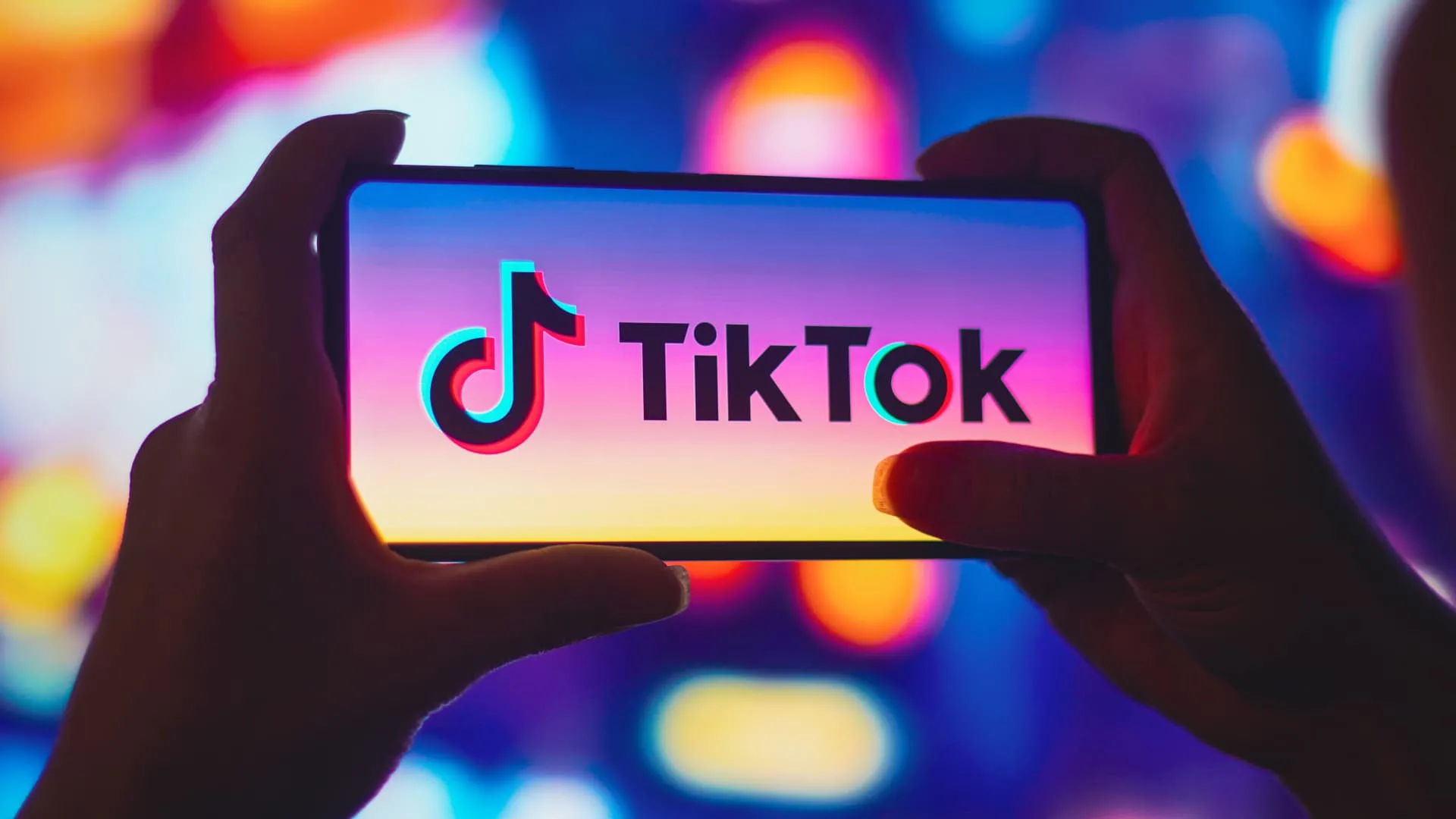
Internal documents from TikTok reveal that the platform was aware of its negative impact on young users’ mental health but limited its preventive measures to avoid a drop in traffic, according to a report by a U.S. public radio station on Friday, October 11.
The documents, cited in a subpoena issued by the Kentucky attorney general, are part of a lawsuit filed by 13 states and Washington D.C. against TikTok, accusing the platform of harming young users’ mental health. The lawsuit alleges that TikTok’s recommendation algorithm, which provides an endless stream of short videos, plays a significant role in addictive behavior.
One unnamed executive highlighted concerns about the platform’s effects on “sleep, eating, moving around the room, and making eye contact,” according to the internal communications, which were later ordered to be removed from public records by a state judge.
Research revealed that after watching 260 videos, users became more likely to develop an addiction to TikTok, correlating “compulsive usage” with negative impacts on mental health, such as increased anxiety, loss of analytical skills, and diminished memory and empathy.
Despite the research findings, TikTok’s parent company, ByteDance, reportedly did not enhance tools designed to limit screen time for younger users. While the app does include features like parental controls and a one-hour timeout for minors, internal discussions indicated a reluctance to prioritize reducing time spent on the platform. A project manager was quoted saying, “Our goal is not to reduce the time spent.”
In response to the revelations, TikTok criticized the publication of sealed court documents, calling it “highly irresponsible.” The company also dismissed the claims, stating, “This complaint cherry-picks misleading quotes and takes outdated documents out of context to misrepresent our commitment to community safety.”
This lawsuit comes as TikTok faces potential bans in the U.S. over national security concerns, with allegations that the app allows China’s government to access user data and spread propaganda—claims that TikTok and China strongly deny.



